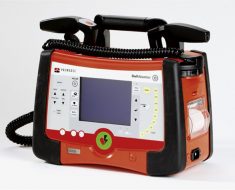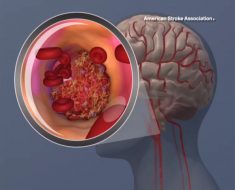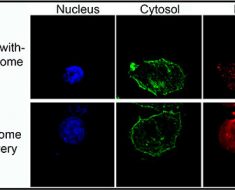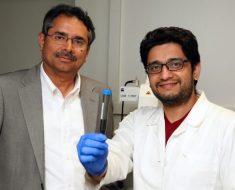One of the many mysteries of cancer is the ability of tumour cells to survive and grow in spite of poor blood and nutrient flow.
Led by Flinders Centre for Innovation in Cancer researcher Associate Professor Janni Petersen, scientists in Australia and England have now systematically mapped the core genes and biological processes associated with the ability of cells to survive nutrient stress.
They came up with a new set of data targeting the cellular and biological processes which closely regulate cancer cells’ ability to survive despite poor nutrition.
Researchers from Flinders University and Newcastle University in Newcastle Upon Tyne in the UK used high-throughput screening technology to identify genes that regulate fitness when cells are grown in a rich nutrient environment compared to minimal environment.
Flinders University Associate Professor Petersen says the comprehensive collection of molecular data can now be used by other researchers to search for solutions to tumour growth.
“We hope this list of conserved genes, which we identified by analysing the fitness and survival of starving yeast strains, will be used by other scientists to understand how cells cope with starvation in humans,” says Associate Professor Petersen, from the College of Medicine and Public Health at Flinders.
The findings have been published in Open Biology.
Analysis of these genes identified a large number of biological processes including chromatin and transcriptional regulation, nutritional uptake and transport pathways.
Of these processes, the researchers found that chromatin organisation-regulation, trans-membrane and vesicle-mediated transport play key roles in supporting fitness.
“It is likely that alteration in chromatin regulation, presumably to facilitate changes in the transcriptional regulation, along with changes in transport of nutrient, ion and vitamin, aid cell adaptation to limited nutrient environments – a key feature of cancer cells within solid tumors,” Associate Professor Petersen explains.
Source: Read Full Article





